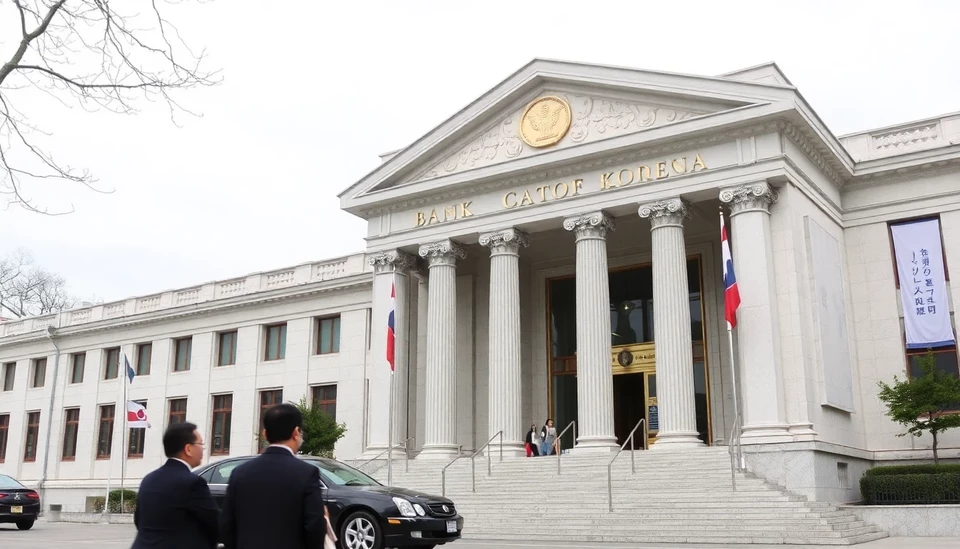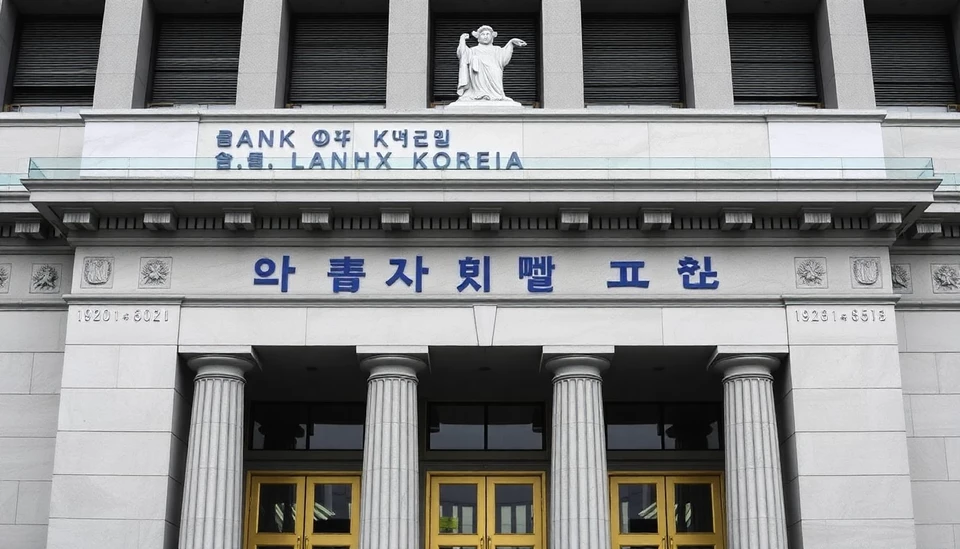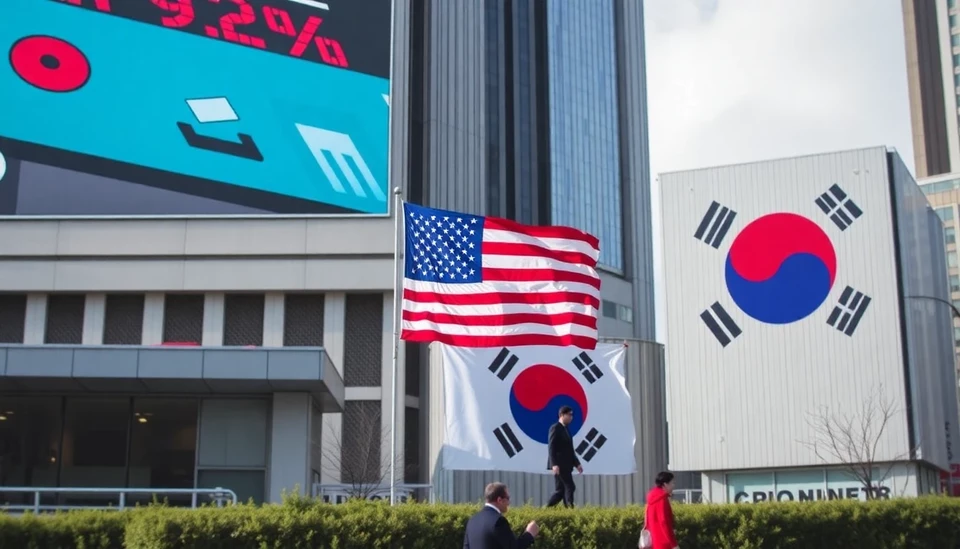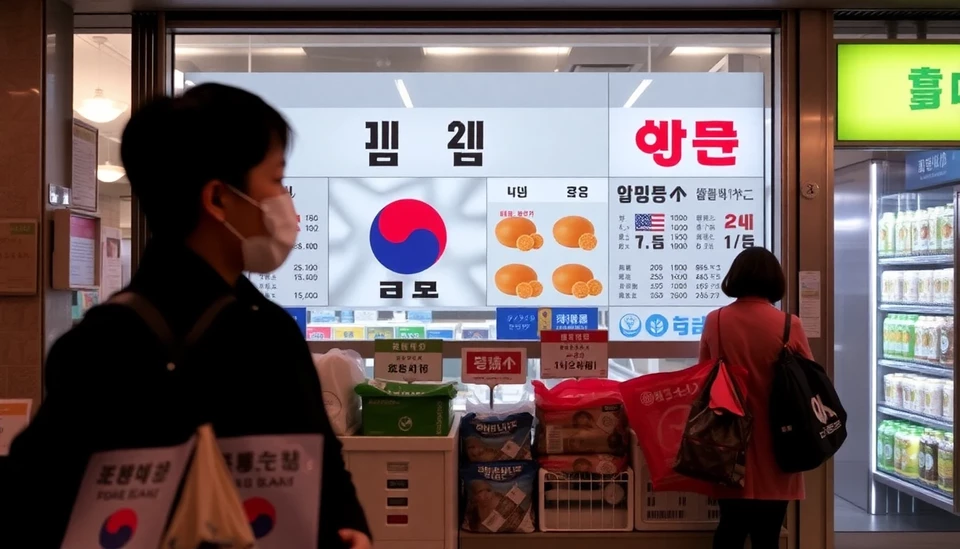
In a surprising move that caught many financial analysts off guard, the Bank of Korea (BOK) has opted to maintain its current interest rate without any changes. This decision, announced during a pivotal meeting held on January 16, 2025, reflects the central bank's ongoing commitment to projecting economic stability amid fluctuating global economic conditions.
The BOK has been grappling with a complex economic landscape characterized by persistent inflationary pressures and lagging economic growth. In light of these challenges, the bank’s decision to hold rates steady at 3.5% is seen as a strategic attempt to balance the need for stability while navigating a frail economy that has yet to fully recover from previous shocks.
Governor Rhee Chang-yong emphasized the importance of maintaining a cautious approach as the central bank weighs the potential impact of external factors. The decision reflects the BOK’s focus on protecting both consumer and business confidence, which are critical for long-term economic recovery. Rhee reiterated that the bank is committed to monitoring current economic conditions closely and stands ready to act if necessary.
The global economic environment has been particularly volatile, with geopolitical tensions and variations in trade dynamics influencing markets worldwide. The BOK’s stance signals a recognition of these headwinds, particularly the persistent inflation rates that have mirrored trends in other advanced economies. By holding rates steady, the central bank aims to avoid exacerbating economic uncertainties, particularly for households that could be adversely affected by higher borrowing costs.
Market analysts had widely anticipated a different direction, speculating that the BOK might raise rates in response to continued inflationary signals. However, the decision to keep rates unchanged suggests a more nuanced understanding of the economic indicators at play. It indicates that the BOK is prioritizing a prolonged period of stabilization to foster sustainable growth rather than hastily responding to inflationary trends.
Following the announcement, the South Korean won showed signs of stability, and investors reacted positively to the central bank's approach. Economic experts believe that this decision may bolster local sentiment, as consumer spending and private investment remain pivotal to recovery efforts.
In conclusion, the Bank of Korea's unexpected decision to hold its interest rate steady demonstrates a clear intention to prioritize economic stability over immediate inflation concerns. As global uncertainties persist and economic growth attempts to regain its footing, many will be closely watching the BOK for any signs of changes in their future monetary policies.
As the BOK continues navigating the challenging economic landscape, their commitment to stability undoubtedly sets a tone for broader financial markets and signals their adaptability in times of uncertainty.
#BankofKorea #InterestRates #EconomicStability #FinancialNews #Inflation #MonetaryPolicy #EconomicRecovery
Author: Laura Mitchell




